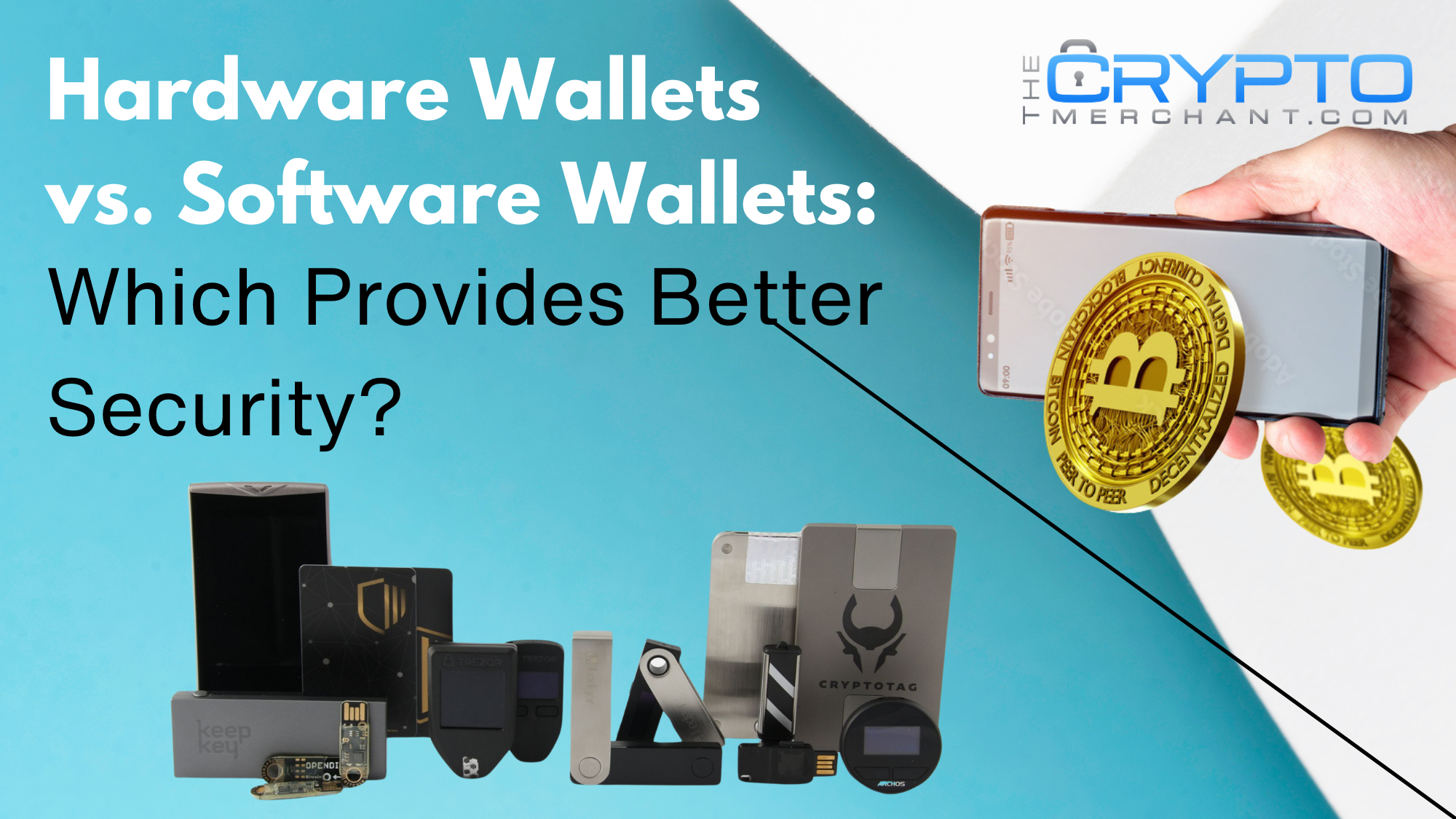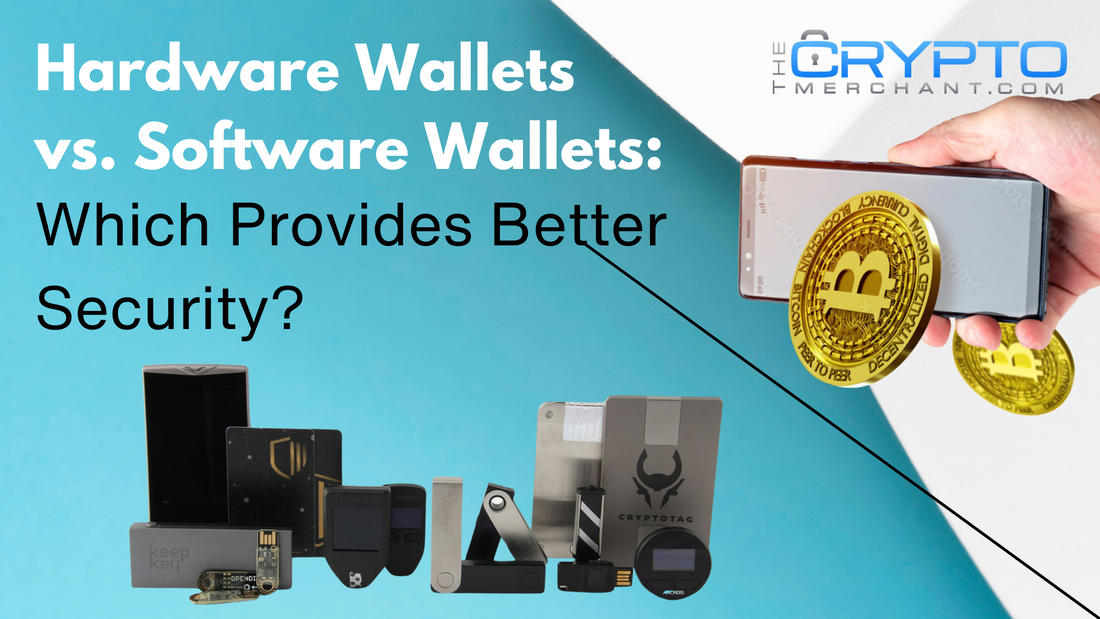
In the crazy-fast world of crypto coins (you know, like Bitcoin and stuff), keeping your digital money safe is super important. As more individuals purchase these digital currencies, having excellent security becomes increasingly important. For safeguarding your cryptocurrency, you primarily have two options: software wallets and hardware wallets. To assist you with selecting the ideal vault for your virtual currency, this discussion will examine the advantages and disadvantages of each.
What’s a Hardware Wallet?
Comparable to a little safe that you may keep in your hand is a hardware wallet. It safeguards your private keys, which are equivalent to your cryptography's secret passwords. Because these devices are designed exclusively to protect your funds and remain offline, hackers cannot access them. Pros like the Trezor Model T and Ledger Nano X use sophisticated technology to ensure security, but they are also very user-friendly for both novices and experts.
Cool Stuff About Hardware Wallets
The best thing about hardware wallets? They’re super secure. Your secret keys stay locked up in the device and don’t go wandering off to your computer or online where bad guys could grab them. Plus, the really good ones have extra stuff like a metal plate to back up your recovery phrases—that’s your get-back-into-your-wallet cheat sheet. Even if your wallet gets into a fight with fire or water and loses, you can still get your money back.
What’s a Software Wallet?
Conversely, software wallets are applications that you install on your phone or computer. Your private keys are stored on your device, but in order to interact with your money, they require internet access. They're not as secure as hardware wallets, but they come in handy if you trade frequently and require instant access to your money. These wallets are located precisely in the center of the danger zone that the internet is full of sly hazards.
Which One’s Safer?
If we’re talking about keeping things ultra-safe, hardware wallet take the crown. They’re built like a fortress, made to keep hackers out and your private keys in a super secure spot. Software wallets are cool if you’re always on the move and trading, but they can’t touch hardware wallets in the security department. If you've got a ton of crypto, go with the hardware.
Picking between a hardware and a software wallet depends on what you need. If you’re all about security and don’t need to get at your crypto all the time, a hardware wallet is your hero. But if you trade a lot and need ease over everything, a software wallet might work, just beef up your security. Knowing what each wallet does best can help you protect your digital dough like a boss. Grab Yours Now! - Don’t miss out on the must-have item for your crypto assets' security.






















































